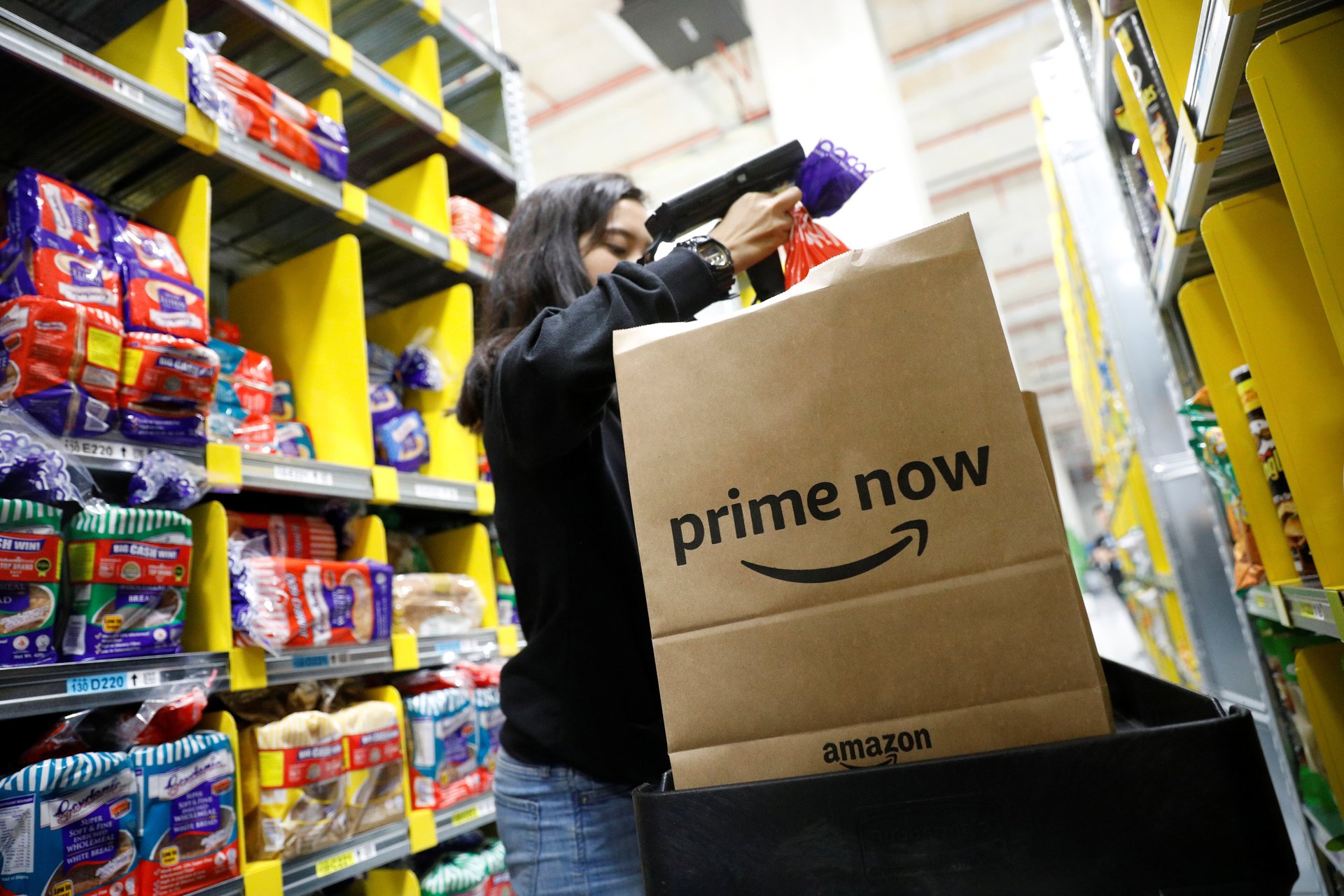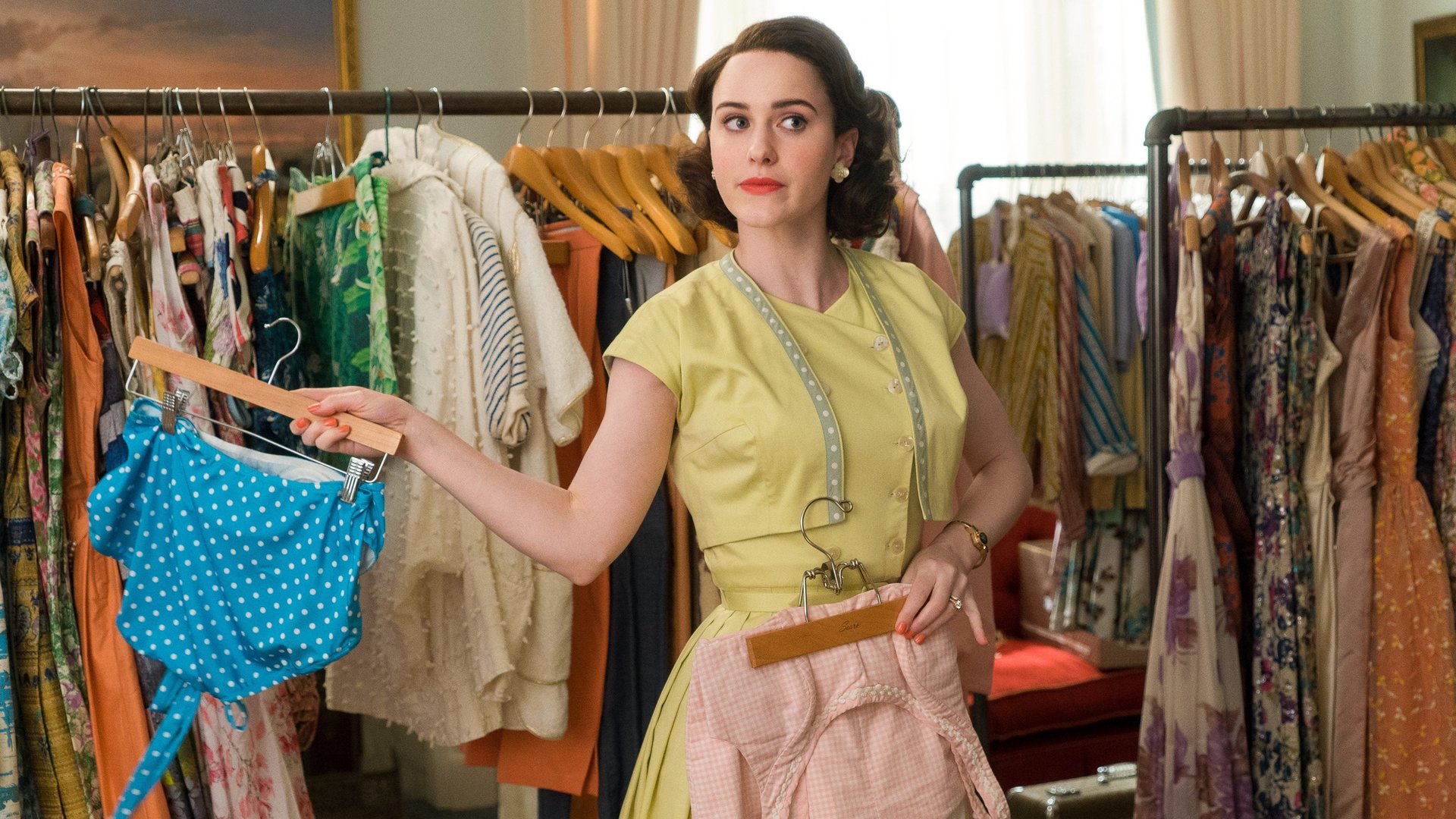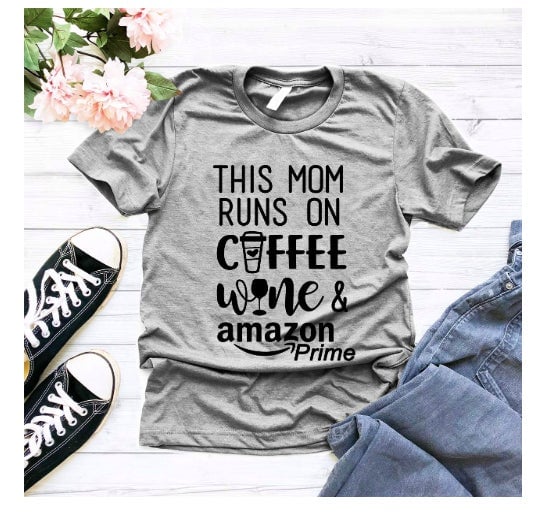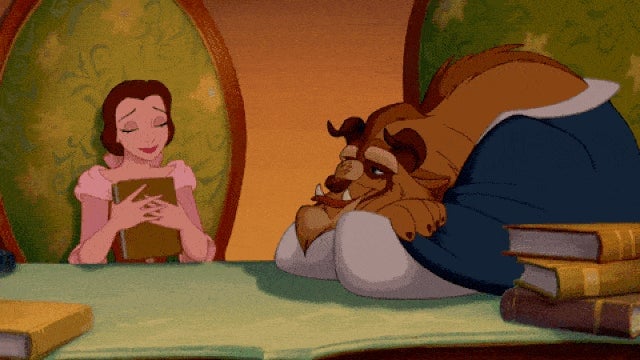Quartzy: the breaking up with Amazon edition
Happy Friday!

Happy Friday!
I’m Hanna Kozlowska, an investigative reporter at Quartz.
I like shopping. I love a great new outfit, or a new skincare hack. I have hobbies that require gear (ski socks, knitting needles). I like my home to look nice-ish and have all sorts of useful things in it. I buy way too many books. I de-stress by browsing through review websites like The Strategist, and I listen to podcasts that offer up a gazillion product recommendations per episode.
Doing all of these things brings me joy or relief, but I don’t love the consumerism and waste it encourages. And what I particularly don’t appreciate is how Amazon—a company with many questionable business practices—has weaseled itself into my life, by making it so quick, cheap, and easy to do all these things I love, not to mention chores like buying shoelaces or heads for my electric toothbrush.
With my guilt about supporting Amazon steadily fed by a stream of media reports about the company’s various sins, I decided over the summer that I’d quit my several-times-a-month Amazon habit, and document what I did instead. It turned out that it wasn’t that difficult to do, so for this Valentine’s Day—a consumerist holiday if there every was one—here are my suggestions for how to get out of a toxic relationship with the world’s biggest online retailer.

Why limit your Amazon habit? The labor conditions for Amazon’s warehouse workers around the world are well-documented. There are long hours with limited bathroom breaks, inadequate pay, and backbreaking work. Amazon’s next-day delivery offering has led to deaths. The company is fueling the surveillance and deportation of immigrants in the United States. Its environmental footprint is enormous.

It is also copying products by much smaller companies, enabling a toxic corporate culture, and gobbling up enormous amounts of user data. Since its origins as a humble online bookseller, Amazon has built a dystopian retail empire—and, through its Ring security cameras, a massive surveillance system.
The key to Amazon’s success is a self-perpetuating mechanism where selling one thing helps it sell more of something else. Read all about how Amazon became a behemoth and re-invented retail in Retail vs. Amazon, a field guide for Quartz members by reporter Marc Bain.
The experiment. The plan for my boycott experiment wasn’t to avoid any online shopping—deliberately so. Refusing to shop online is simply not an option for many people, like those who don’t live in an urban area, or who have obligations and disabilities preventing them from going to the store. The goal also wasn’t to boycott Amazon wholesale, simply because it’s very hard to do, considering how the company has embedded itself into so many websites through its cloud computing business.
By that logic, I wasn’t going to beat myself up for a couple of exceptions. I wouldn’t quit watching shows on Amazon Prime or listening through books on Audible. I also wouldn’t stop reading on my Kindle. It simply would be too hard for me to give up The Marvelous Mrs. Maisel.
But this was an exercise in more thoughtful consumption. I wanted to see whether the convenience Amazon provides is inescapable for me as a consumer, and what it means to be taking a stand against one company’s practices. I learned a couple of lessons.

The free shipping trap. While shopping at smaller retailers who didn’t offer free shipping until I hit a certain price point, I’d often add things to my cart to reach that threshold, knowing full well that it was a trick designed to make me buy more.
In reality, if you want to shop more ethically, you should be prepared to go to a physical location, or pay for shipping. Big retailers can absorb the price of delivery, and for a company like Amazon, it’s wrapped up in the Prime membership, but for smaller retailers, the cost is unsustainable. And all that shipping is putting a big burden on both the environment and our physical infrastructure.
Patience, my friend. Most things that I ordered or bought I couldn’t get as quickly as I would on Amazon—but waiting a couple of days longer for a package was just fine. I survived not getting a buzzy book immediately, and instead would get in line for a book at the library (e-book rentals and the Libby app offered by many libraries are the ultimate convenience of our time!)
I had some birthdays, a christening, and an engagement party I needed to buy gifts for in a short time frame. Instead of agonizing over finding the perfect thing online or relying on an algorithm, I’d take a walk and browse a local store, taking my cue from the founder of this newsletter Jenni Avins, who advocates shopping for gifts in person. Of course, working on one of the busiest shopping streets in Manhattan, and living in an area full of small boutiques, makes this an easier feat for me than most people.

But how? During my experiment, I came up with strategies of how to be a more effective and ethical shopper without Amazon.
- Just don’t buy it. It’s better for the Earth, for society, for your wallet, your house, maybe even your mental health, to skip an unnecessary purchase. This turned out to be easier than I thought it would be.
- Try to shop local to avoid shipping, or choose the “pick up in store” option online.
- If you have to shop online, opt for smaller retailers that specialize in certain products and are known to have good labor and sustainability practices.
- Before you buy anything, check second-hand websites like Poshmark. I recently scored a brand new phone case I could have easily bought on Amazon.
- For books, go to Indiebound.org, or Bookshop.org. The first site lets you find which local bookstore carries the book you want. Both sites let you buy directly online, supporting a network of local bookstores.
- Loyalty programs in other stores might have perks that make up for Amazon Prime’s free shipping or lower prices.
What now? America is full of societal holes that create the necessity for something like Amazon Prime, Jia Tolentino points out in the New Yorker. There are food deserts, parents who have to work long hours or several jobs with long commutes, and few good childcare options. Quick delivery, low prices, and one-click purchases might be the best choice for many people to patch up some of these gaps.

Whether boycotting gigantic companies is at all effective is a complicated question. Clearly, many of the problems they create are less about individual choice than systemic solutions. But then again, we do see that corporations can adjust their behaviors based on changing societal norms and calls for accountability—look at fashion brands that have stopped using fur, or the food industry cutting back on antibiotics in meat.
I won’t cancel Prime because I still enjoy its streaming TV and e-book services, but I’ll continue to avoid shopping for physical things on Amazon. Living where I do, it’s easy to do. The main thing this experience showed me is that I need to be more diligent about distinguishing between wanting something and needing it.
And I try to remind myself of something I heard New York Times reporter Mike Isaac say during a talk last year on his book about Uber: We’d drive ourselves crazy by agonizing over the ethics of every choice we make in a capitalist economy. We have to pick our battles. (Full disclosure: In a moment of desperation, or weakness, I bought a pair of practical boots I couldn’t find elsewhere on the website in question).
Have a great weekend!


For this Valentine’s Day, here’s a recommendation to do something with your partner, friend, or any other person you love—for free, with no needless consumerism attached! One of the most romantic (and embarrassingly cheesy) things my partner and I do is read out loud to each other, mostly while traveling. Actually, he reads to me while I drive, because I get carsick. We’ve read more than 20 books this way, mostly detective series, some better than others. We trade theories on who is the killer, trying to spoil the ending for the other person thinking we know better, put on silly voices for the more colorful characters, make fun of the writing, or admire it. It’s the best.